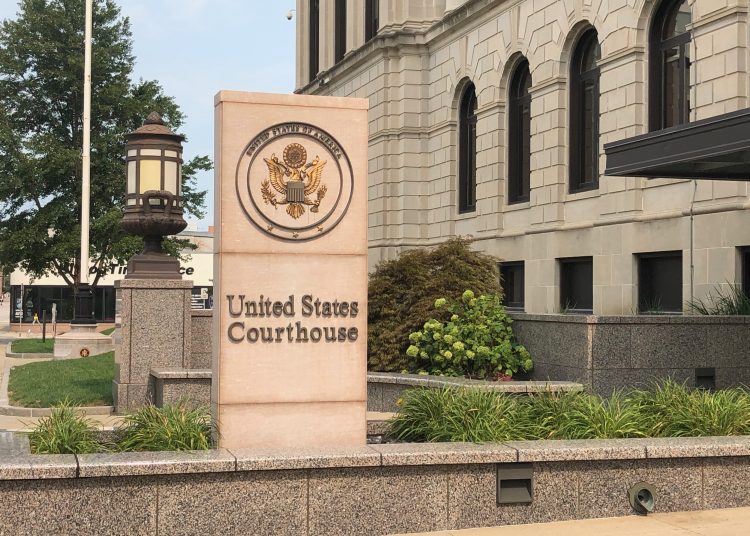(The Center Square) – A U.S. district judge said a gender-based quota for Iowa’s State Judicial Nominating Commission members is unconstitutional.
Former state representative Chuck Hurley sued Iowa State Court Administrator Robert Gast over a law passed in the late 80s. The 17-member commission consists of nine members that are appointed. The other eight members are elected – two from each of the state’s four congressional districts.
The law requires that the two members of each congressional district be of different genders. This bars Hurley from running for the commission in 2025 because the open seat is currently held by a woman, according to the Pacific Legal Foundation, which is representing Hurley in the case.
The commission reviews and selects nominees for the Iowa Supreme Court and the Iowa Court of Appeals, according to the lawsuit. As a legislator, Hurley served on the Iowa House Judiciary Committee and worked in the community in various capacities, including as an attorney, according to PLF.
U.S. District Court Judge Stephanie M. Rose said the law was passed to address past discrimination.
“However, the Court cannot find the law is substantially related to any current discrimination, nor can the Court find that the law is tailored to accomplish any of the government’s other stated objectives,” Rose said in the order provided by PLF. “Therefore, the Court must find that Iowa Code § 46.2 does not survive intermediate scrutiny.”
The case also involved two other plaintiffs, Rachel Raak Law and Micah Broekemeier, who were planning to run for seats on the commission in 2023.
“We are hopeful that the Iowa legislature takes this cue from the Court and repeals the state’s remaining gender balance laws,” said Laura D’Agostino, lead attorney. “We are also hopeful that other states across the country take notice. PLF has filed multiple lawsuits challenging race- and sex-based quotas on government boards and commissions. This opinion puts those, and others states on notice that that these types board quotas are plainly unconstitutional.”
Attorney General Brenna Bird’s office, which represented Gast in the case, did not return a message seeking comment.
















